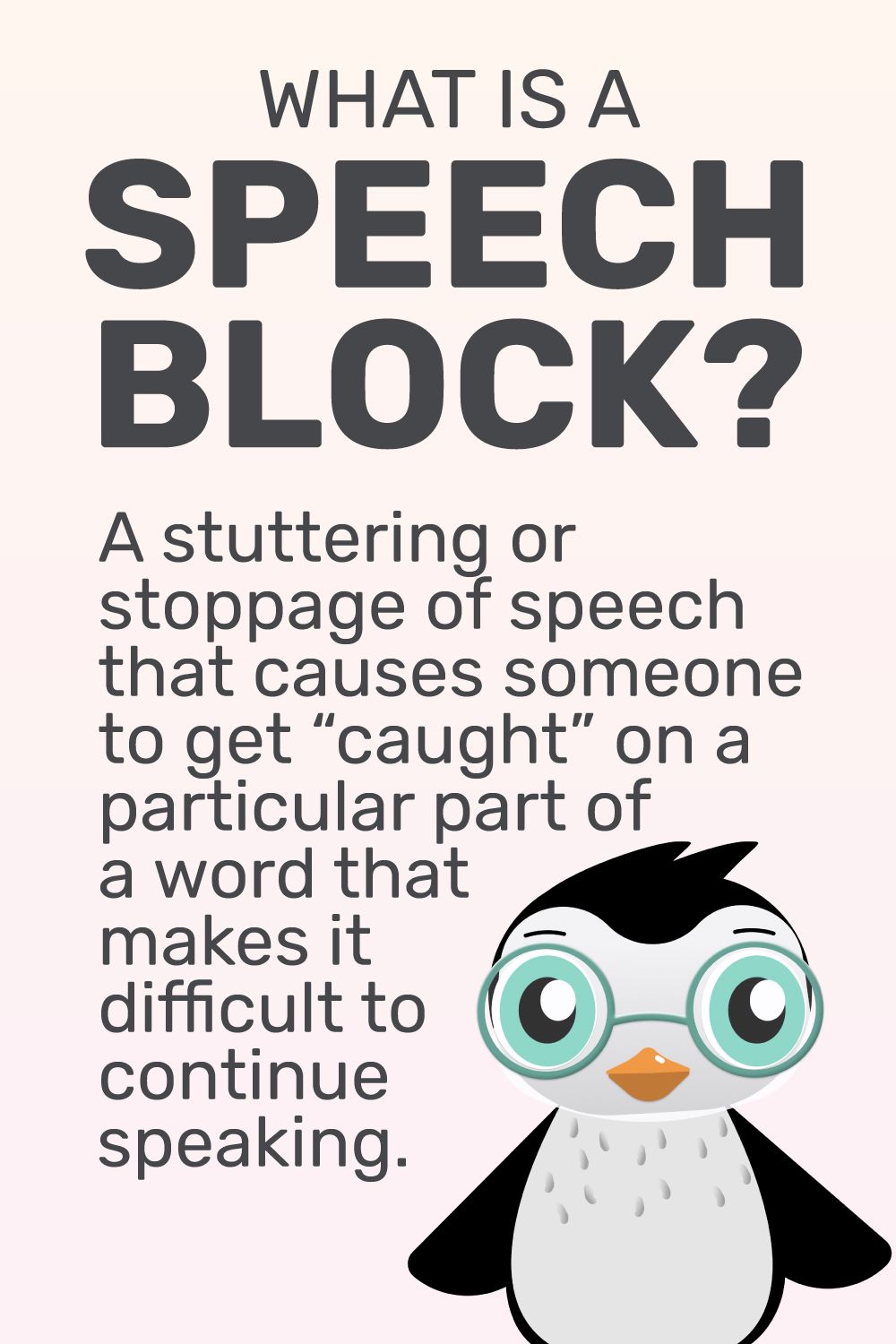Depending on the extent and location of the brain damage, expressive aphasia symptoms might vary, but some typical symptoms might include:
- Difficulty producing speech, such as hesitating or struggling to get words out
- Limited vocabulary or difficulty finding the right words to use
- Speaking in short, incomplete sentences
- Inability to use complex grammar or syntax
- Making grammatical errors or using incorrect verb tenses
- Writing difficulties that mirror the problems with speech
- Trouble with nonverbal communication, such as gesturing or using facial expressions
- Frustration or anxiety due to difficulty communicating effectively
Individuals with expressive aphasia may also experience some cognitive and behavioral changes, such as:
- Difficulty with problem-solving, planning, and organization
- Trouble with memory and recall
- Difficulty understanding jokes or sarcasm
- Increased irritability or emotional reactivity
- Impulsivity or lack of inhibitions
- Social withdrawal or isolation due to communication difficulties
Symptoms of expressive aphasia can vary widely, and some individuals may experience additional or different symptoms than those listed above. Goally, a tablet that helps kids build life and language skills through fun apps, including AAC and gamified learning, can be a valuable tool in assisting children with expressive aphasia to develop and improve their communication skills.
This post was originally published on April 14, 2023. It was updated on July 21, 2023.














